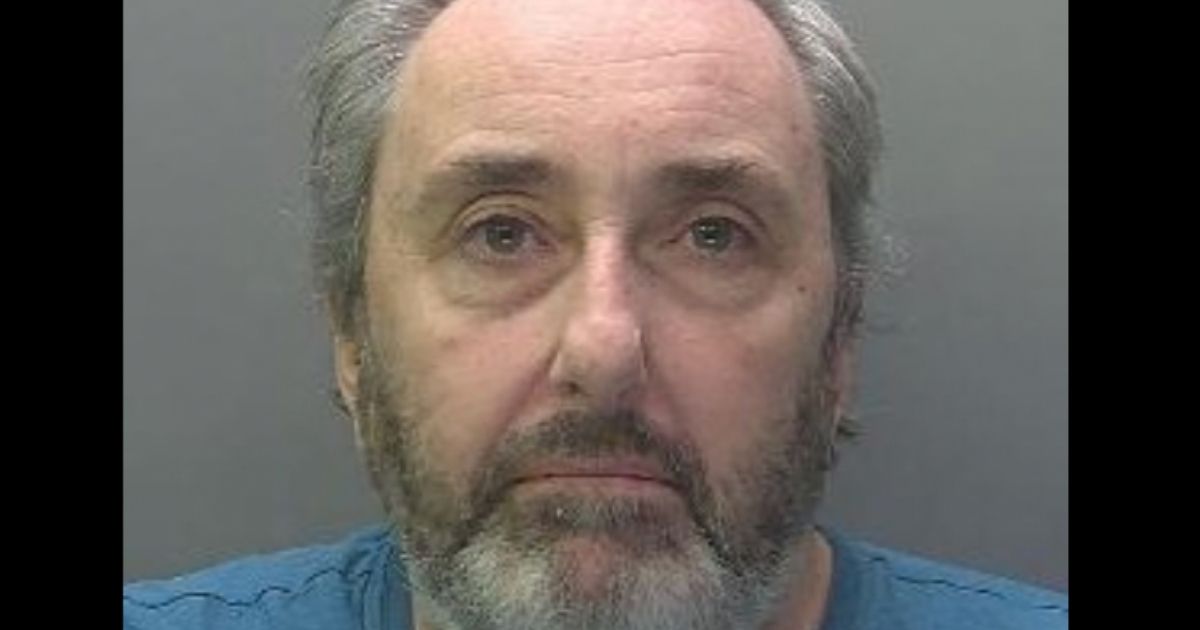On June 25, 2010, an emergency call was placed from a home in south Cambridgeshire, England. A man dialed 999 to report that his wife, Diane Stewart, had fallen.
“My wife had a fit,” Ian Stewart said, according to BBC. “She’s in the garden.”
First responders arrived by air at the village home and made the grim call. Neighbor Victor Nickson remembers the day well.
“I saw them do a thumbs down and shaking their heads in answers to questions [from] the arriving paramedics,” he said. “The CPR stopped. One put his arms around [Stewart] who was showing signs of stress and concern.”
Another neighbor, Vanessa Easton, who was also a nurse, remembers that it was strange there was no blood.
“I remember thinking at the time ‘thank goodness there’s no blood … she looks perfect,'” Vanessa recalled.
Diane suffered from epilepsy, but it had been well-managed. She was well-liked and was artistic, kind and a great mother.
“She was well,” Vanessa continued. “I knew about the epilepsy; it was well controlled.”
No one seemed to think anything was suspicious about Diane’s passing: It was a sad time, but not impossible to believe that she would have died from sudden death due to epilepsy.
“At the time of Diane’s death there was nothing to suspect that Ian had been responsible or that she had died at his hands,” Detective Superintendent Jerome Kent with the Bedfordshire, Cambridgeshire and Hertfordshire Major Crime Unit later said.
Ian moved on. He bought a sports car. He eventually met Helen Bailey, a children’s author, through a bereavement website, as she had lost her husband in 2011. The two moved into a house in Royston, Hertfordshire, and planned to get married.
But in April 2016, Ian reported Bailey missing. Three months later, her body was found in a cesspit under their house, along with the body of her beloved dog Boris, a dachshund.
[firefly_embed]
[/firefly_embed]
In 2017, Ian was convicted of her death after authorities found he’d drugged her, suffocated her and dumped her body in a bid to inherit her nearly $5 million fortune.
But his conviction baffled former neighbors, including Paul, Vanessa’s husband, who recalled that the “events and story that unfolded during [that] investigation … seemed completely bizarre.”
“I wouldn’t have expected him to have killed anyone,” he said. “I found it quite difficult to relate to him. I found he got a bit close to you when he was talking, so you felt your personal space was being impeded.”
Sure, Paul said, Ian was odd and had off-putting mannerisms and nervous tics — but a killer? It seemed unlikely.
After Helen’s death and Ian’s conviction, police started eyeing Diane’s case and realizing that it could have been murder. But there was a major problem: Diane had only been tested for an anti-epileptic drug before her body was cremated after the 2010 post-mortem exam, so the physical evidence was gone.
And who had requested that she be cremated? Ian, of course.
But Diane had unintentionally circumvented Ian’s dark design by donating her brain for medical research. By some miracle, her brain was still sitting in storage at a hospital, unused. And testing it damned Ian.
Diane’s brain was examined by multiple pathologists and scientists. Some doctors found it strange that Diane’s body had borne no marks of injury from her fall, and most found signs that pointed to death by some sort of suffocation.
Dr. Kieren Allinson said that while he couldn’t rule out the possibility of sudden death due to epilepsy, there was “no positive evidence of a recent seizure.”
Professor Safa Al-Sarraj found damage consistent with “restricted” breathing for over thirty minutes. Dr. Nat Cary also found damage that could be from “smothering or interfering with the mechanics of breathing or some kind of drug use.”
Authorities also discovered that after Diane’s death, Ian had collected around $130,000 from her bank accounts and life insurance policy.
Ian had been in prison serving a life sentence for Helen’s death, and when officers arrested him for Diane’s death, he said “Haven’t you got anything better to do?” according to BBC.
[firefly_embed]
[/firefly_embed]
On Wednesday, Ian was officially found guilty of his first wife’s death.
“You successfully passed off a murder as an epileptic fit in the circumstance I have identified, playing out an elaborate, and indeed sophisticated, charade over a period of time,” Justice Bryan said during Ian’s sentencing.
“A charade that succeeded at the time and would have succeeded for all time but for your subsequent murder of Helen Bailey.”
[firefly_embed]
[/firefly_embed]
While the sentence doesn’t change much about Ian’s current status or future, the family can rest knowing that the truth was discovered. Now the fear is whether or not there are others.
“I would hope that there aren’t many more undetected murders, or unidentified murders out there, but of course it’s a possibility,” Kent said.
This article appeared originally on The Western Journal.
























